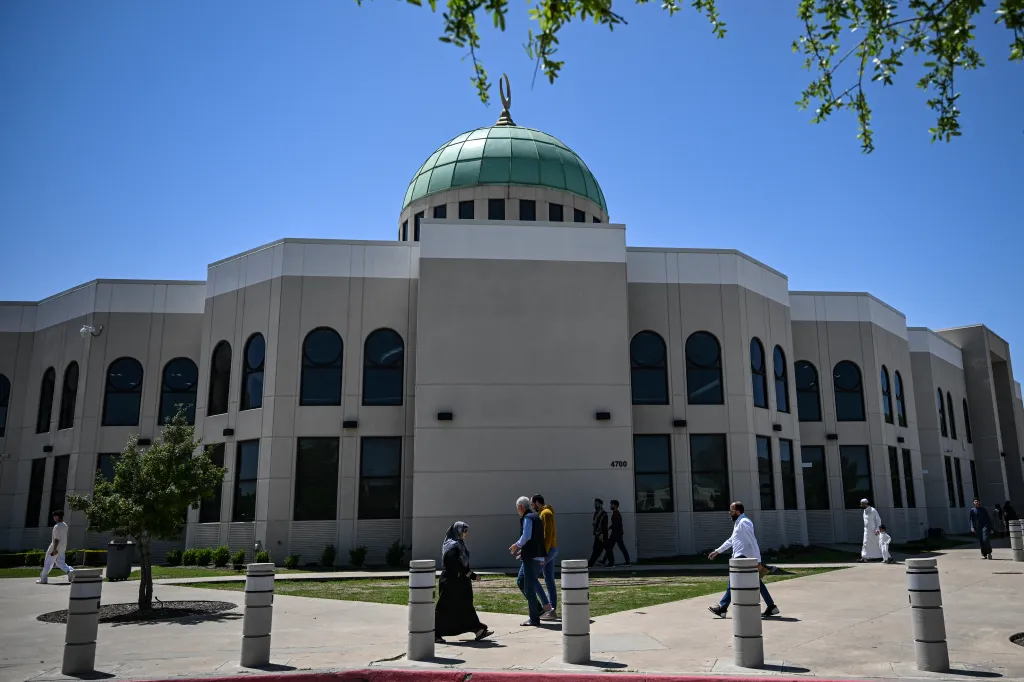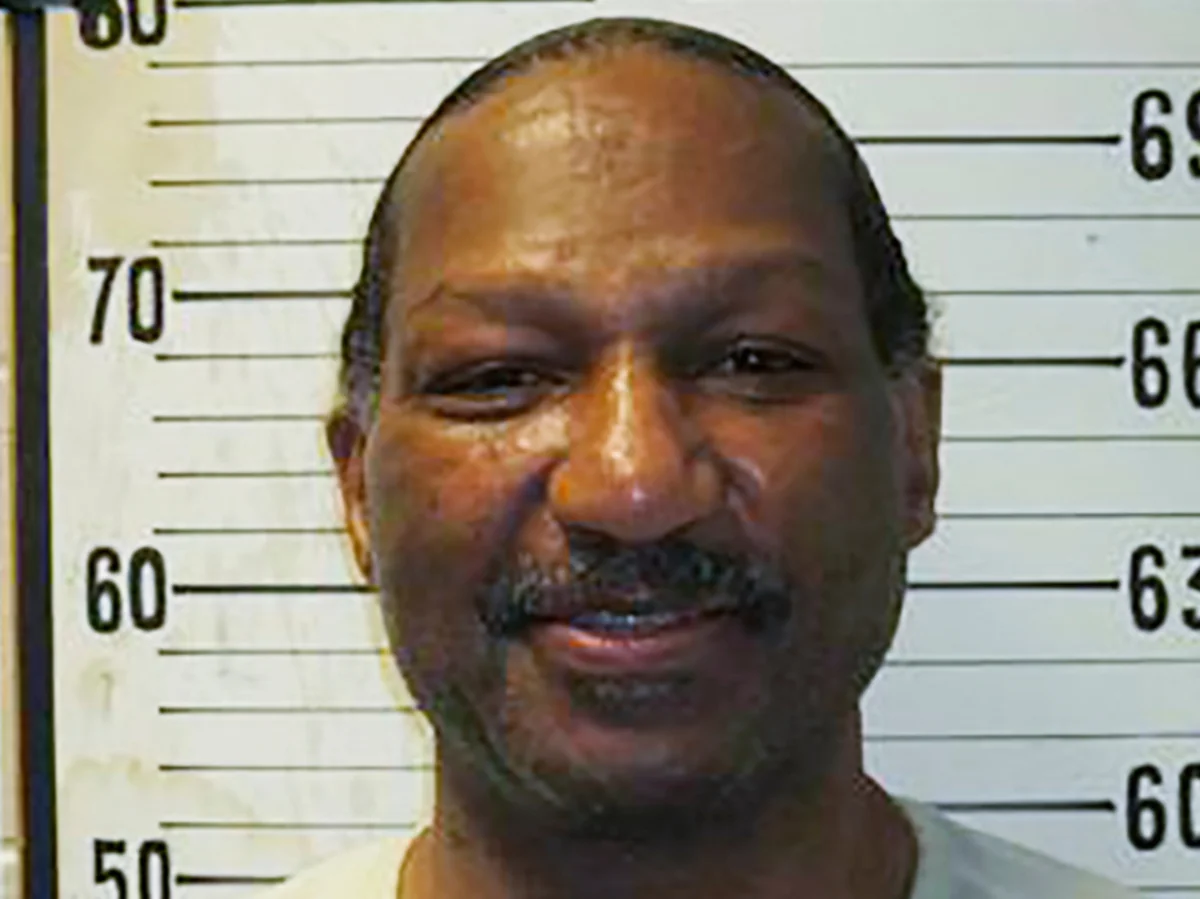Copyright thedispatch

In the mid-20th century, brothers Ezra and Khedouri Lawee were part of a thriving Jewish community in Baghdad, though one subjected to persecution in the preceding decades. After the creation of the state of Israel in 1948, they—like many other Jewish families—fled the country in the face of worsening persecution. Their palatial home fell into the hands of the French government, which today uses it for an embassy. But now the brothers’ descendants are suing the French government, seeking remuneration for decades of use. Alexander Kippen wrote about the issue for Tablet: “Conditions for Iraqi Jews became especially acute after the creation of Israel, during the period known as ‘denationalization’ in 1950-51. New laws stripping Iraqi Jews of their nationality and their property accompanied a bombing campaign aimed at local synagogues and Jewish businesses. Ezra and Khedouri Lawee were among the thousands of Jews who fled Iraq during this time. The Jewish Iraqi brothers had built and owned a beautiful house—nicknamed Beit Lawee, or House of Lawee—which was eventually seized by Saddam Hussein after he came to power in 1970, two decades after they had left the country. Records show Khedouri traveled to London and New York before settling in Montreal. His brother Ezra also settled in Montreal, after stopping along the way in Israel, Egypt, and New York. Responding to lawyers representing the Lawee descendants, the French Ministry for Europe and Foreign Affairs’ defense brief argues that by fleeing Iraq the Lawee brothers technically lost ownership of their house under a set of discriminatory laws from 1951 whose very aim was to strip Iraqi Jews of their property.” For the Wall Street Journal, journalist Mindy Belz writes on this month’s crackdown on a network of house churches in China—the largest such crackdown since 2018, she writes—and the arrest of Zion Church pastor Ezra Jin Mingri. “In one sense, Zion already should have ceased to exist. The church has operated as an open challenge to the party since Mr. Jin created it in Beijing in 2007. Fewer than 20 members grew to 1,500 within a decade. When authorities asked Mr. Jin to install surveillance cameras in 2018, he refused. The government shut down the church, confiscating its property. … The first-generation underground churches of a half-century ago met in houses and undisclosed alleyway rooms, gathering by word of mouth. Second-generation meetings were more public, convening in parks or commercial spaces, taking advantage of a China that was rapidly urbanizing, economically booming, and opening to outsiders. Mr. Jin envisioned an emerging model he called ‘Urban Church 3.0,’ using secure online training and resources to support local in-person gatherings. It is a plan that admits the realities of life in a police state. The Communist Party has intensified persecution of Christians, Muslims, Tibetan Buddhists and Falun Gong practitioners. To worship thus requires creativity. Zion flourished online. ‘The internet was a genuine worship space where the Holy Spirit was present,’ Mr. Jin said in a 2024 lecture.”



